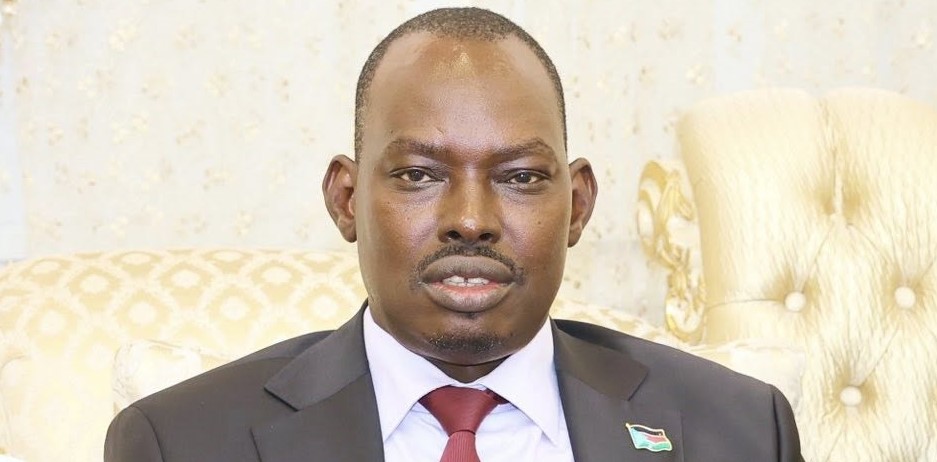South Sudan’s finance minister acknowledged Wednesday that cash shortages have posed a persistent “challenge” for the government in recent months.
Speaking at the swearing-in of the newly appointed central bank governor, Finance Minister Dr. Marial Dongrin Ater said the shortages continued despite coordinated policy efforts between his ministry and the central bank to stabilize the economy since last year.
“We have policies in place, we have been working together to ensure we fully recover as soon as possible,” he said.
Ater warned the new bank governor, Dr. Addis Ababa Othow, that addressing the cash crunch would be a key challenge. He noted that while salaries have been paid consistently for seven months, liquidity remains scarce.
“The money goes into accounts, but there is no cash. So getting cash is the biggest problem,” he said.
It remains unclear how Dr. Othow, appointed Monday, will tackle the crisis in a country grappling with economic strain and corruption allegations, including within the central bank.
Civil servants have repeatedly complained that while they receive monthly salary notifications, banks often turn them away due to lack of cash. Last week, two schoolteachers in Western Equatoria state collapsed from hunger after failing to withdraw their pay for months.
“We hear that money is in the bank, but when people go to collect it, they are told there is no cash available,” said Grace Apollo Musa, the state’s education minister.
Economists partly blame the cash shortage on eroding public trust in the financial sector, stressing that transparency and reliable services—not just policies—are needed to rebuild confidence.
At the swearing-in, President Salva Kiir revealed kickback schemes in the central bank, demanding immediate action. He cited reports that 10% of transaction values were previously siphoned as bribes.
“Such unseemly behavior is intolerable and will not be allowed to go unpunished,” Kiir said, ordering the Financial Intelligence Unit to monitor and report misconduct directly to him.
It remains unclear whether the unit can effectively curb corruption. Kiir urged the new bank leadership to operate with “integrity, fairness, and efficiency” to restore trust.
The central bank oversees monetary policy, regulates banks, and manages foreign exchange and debt.




